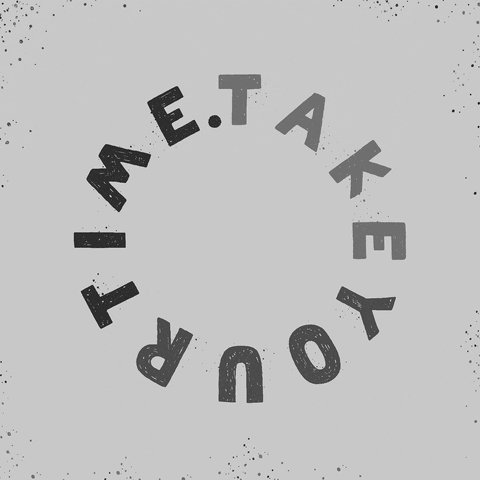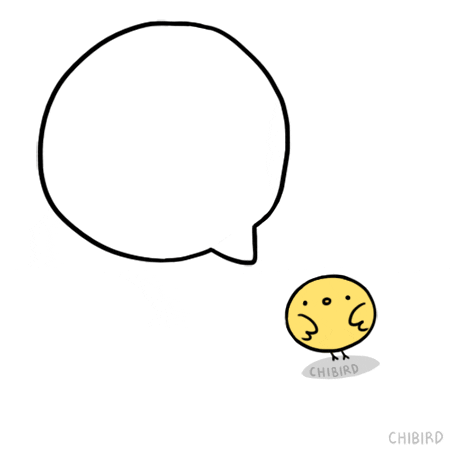
Alongside the rest of UWaterloo, the Writing and Communication Centre (WCC) has been working hard to transition our services into an online format for the Spring 2020 term. Our team is tirelessly striving to ensure that we can continue to support you as much as possible throughout the changes brought by the ongoing pandemic. As a result of these efforts, we are excited to announce that on June 1st, we will be launching the Spring 2020 WCC workshops on a new LEARN website! If you aren’t familiar with our offerings, you can check out a complete list and individual descriptions on the Workshops page of our website. Each workshop is designed to help you develop tangible, practical writing and communication skills that will help you succeed in your academic career and beyond. The new, online versions of these workshops have been built using a consistent template that promotes structure, flexibility, and open communication. Our team has used extensive research, experience, and student feedback to create online workshops tailored to your needs, ensuring that they are useful, available, and accessible for all UWaterloo students.
How to register yourself:
The Spring 2020 Workshops will be launched on June 1st, 2020 at 5:00 PM EDT. When the LEARN site goes live, you can self-enroll by going to the Waterloo LEARN website. There are no requirements or restrictions. Everyone is welcome as long as you are a current UWaterloo student!

The process is simple. Once you get to the LEARN Homepage, click on “Self Registration.” Scroll down until you find “WCC Workshops,” click on that name, and then select “Register.”
Note: the LEARN site will not be visible until it goes live on June 1st at 5:00 PM EDT
And that’s it! All of our workshops for the Spring 2020 term are located on that one “WCC Workshops” LEARN site. This means that you don’t need to keep track of different courses if you want to participate in multiple workshops. Simply register once and complete whichever workshops you are interested in at any point throughout the term.
Workshops that will be available on June 1 at 5:00 PM:
- Clarity in Scientific Writing
- Design and Deliver I: Practicing Presentation Skills
- Grammar Studio Series I, II, and III
- Say It in Your Own Words: Paraphrase & Summary for Graduate Students
Workshops that will be available on June 22 at 5:00 PM:
- Graduate Literature Reviews A: Organizing Research
- Graduate Literature Reviews B: Writing It
What you can expect:

The Content for each workshop is a mix of videos, accessible PDFs, readings, and activities. All the content is organized into an easy-to-follow sequence, with distinct modules for each subtopic within a workshop. These modules are designed to build on one another, while providing multiple opportunities to practise the skills you have been developing in each section. The Discussion Boards for each workshop give you a space to ask questions or share ideas with your peers.
Live Q&A sessions will be offered for each workshop during the second half of the term, with the exact dates listed on our website and on the LEARN calendar. These Q&A sessions will be opportunities for you to ask the workshop facilitators questions about the content or get advice on how to apply the content to your own work. It will also be a chance for you to interact with other students who took the workshop, getting insight into what they have found useful and what tools or strategies have come out of the workshop material.

How you can get the most out of the workshops:
We understand that online workshops in this format might be a new experience for many of you. Below are a few quick tips for how you can get the most out of them. (For more general advice and information about online learning, you can also check out the Student Success Office and the Centre for Extended Learning websites).
-
Take your time. Don’t feel like you have to go through all of the content in one sitting. Everyone learns in their own way and at their own pace. Take as much time as you need to get a strong grasp on what’s being taught in each module, and take breaks in between to rest, recharge and let the material sink in. For the best learning experience, sign back into the workshop when you are feeling confident and energized to keep going.

-
Write down notes and questions as you go. Often, things will occur to you as you listen to the videos or read through the workshop materials. It’s important to record your thoughts when they occur so you don’t forget them. Try pausing when necessary to write down questions or ideas you have about the content. This will help you remember important points and keep track of areas for growth or concepts and strategies you might want to follow up on in more detail later.
-
Do the activities. It’s not always easy for us to assess our own progress on a subject. That is what the activities in these workshops are for. Their main purpose is not to assign you a grade but to give you a clear idea of your ability to apply the skills taught in the workshop. They will help you to identify what questions you might need to ask, or what areas you can continue to improve on, going forward.
-
Make it personal. There is no one-size-fits-all when it comes to writing and communication practices. To get the most out of these workshops, you need to decide for yourself how the content fits with your goals and how it can be adapted to best suit your needs. In the end, only you can decide what is going to be useful or applicable to your own work. Our job is to give you the tools and resources to make those kinds of informed judgements.

We hope to see you all online!